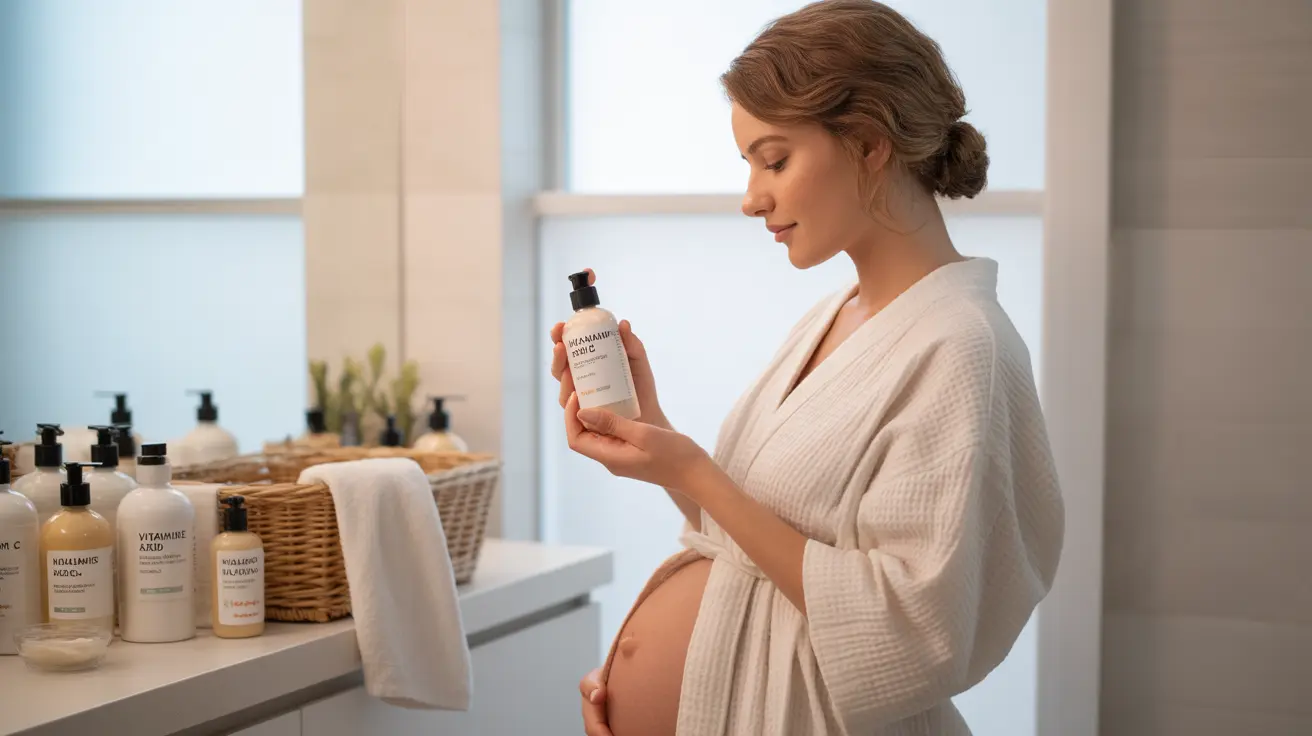Pregnancy brings many changes to your body and lifestyle, including necessary adjustments to your skincare routine. One of the most common questions expectant mothers ask is whether they can continue using retinol, a popular anti-aging and acne-fighting ingredient, during pregnancy. Understanding the safety concerns and alternatives is crucial for both maternal and fetal health.
This comprehensive guide will explore the risks associated with retinol use during pregnancy, provide safe alternatives, and help you make informed decisions about your skincare routine while expecting.
Understanding Retinol and Pregnancy Risks
Retinol, a form of vitamin A, is known for its powerful skin-renewing properties. However, during pregnancy, even topically applied retinoids can potentially be absorbed into the bloodstream, raising concerns about fetal development.
Medical professionals generally recommend avoiding retinol and other retinoids during pregnancy due to the theoretical risk of birth defects and other developmental issues, even though the absorption through skin is minimal compared to oral intake.
Why Doctors Recommend Against Retinol During Pregnancy
The primary concern with retinol use during pregnancy stems from its relationship to vitamin A. High doses of vitamin A have been linked to:
- Birth defects affecting the baby's skull, heart, and nervous system
- Potential developmental issues
- Increased risk of miscarriage in early pregnancy
While topical retinol may pose a lower risk than oral vitamin A supplements, healthcare providers take a cautionary approach due to the serious nature of potential complications.
Safe Skincare Alternatives During Pregnancy
Gentle Yet Effective Options
Several pregnancy-safe ingredients can help maintain healthy skin without the risks associated with retinol:
- Niacinamide for inflammation and hyperpigmentation
- Vitamin C for brightening and collagen production
- Hyaluronic acid for hydration
- Peptides for skin firmness
- Azelaic acid for acne and dark spots
Natural Alternatives
Natural ingredients that can support skin health during pregnancy include:
- Rosehip oil
- Green tea extract
- Bakuchiol (a natural retinol alternative)
- Squalane
- Coconut oil
Additional Skincare Ingredients to Avoid
Besides retinol, pregnant women should also avoid:
- Hydroquinone
- High-concentration salicylic acid
- Benzoyl peroxide in high concentrations
- Chemical sunscreens (opt for mineral-based alternatives)
- Essential oils in high concentrations
Frequently Asked Questions
Is it safe to use retinol or retinoids during pregnancy, even if I only apply them to my skin?
No, it's not recommended to use retinol or retinoids during pregnancy, even in topical form. While skin absorption is lower than oral intake, healthcare providers advise against using these products to eliminate any potential risks to fetal development.
What are the potential risks to my baby if I use retinol or vitamin A products while pregnant?
Excessive vitamin A exposure during pregnancy may increase the risk of birth defects affecting the baby's skull, heart, and nervous system. While these risks are more strongly associated with oral vitamin A, medical professionals recommend avoiding topical retinoids as a precaution.
What skincare ingredients should I avoid during pregnancy instead of retinol?
Besides retinol, avoid hydroquinone, high-concentration salicylic acid, chemical sunscreens, certain essential oils, and benzoyl peroxide in high concentrations. Always consult your healthcare provider about specific products.
Are there safe alternatives to retinol for skincare during pregnancy?
Yes, safe alternatives include niacinamide, vitamin C, hyaluronic acid, peptides, and bakuchiol. These ingredients can help maintain skin health without the risks associated with retinol use during pregnancy.
What should I do if I used retinol without realizing I was pregnant?
If you used retinol before knowing you were pregnant, stop using it immediately and consult your healthcare provider. The risk from brief, topical use is generally low, but your doctor can provide personalized guidance based on your situation.




